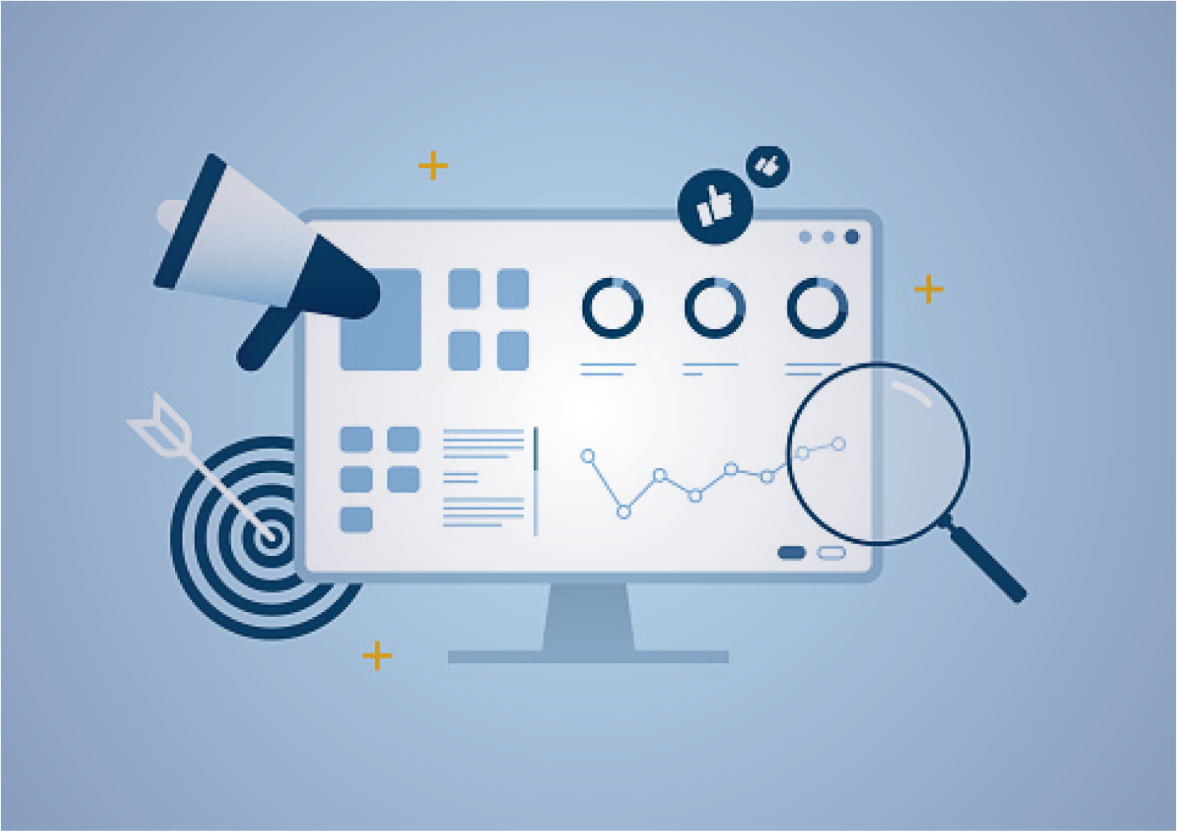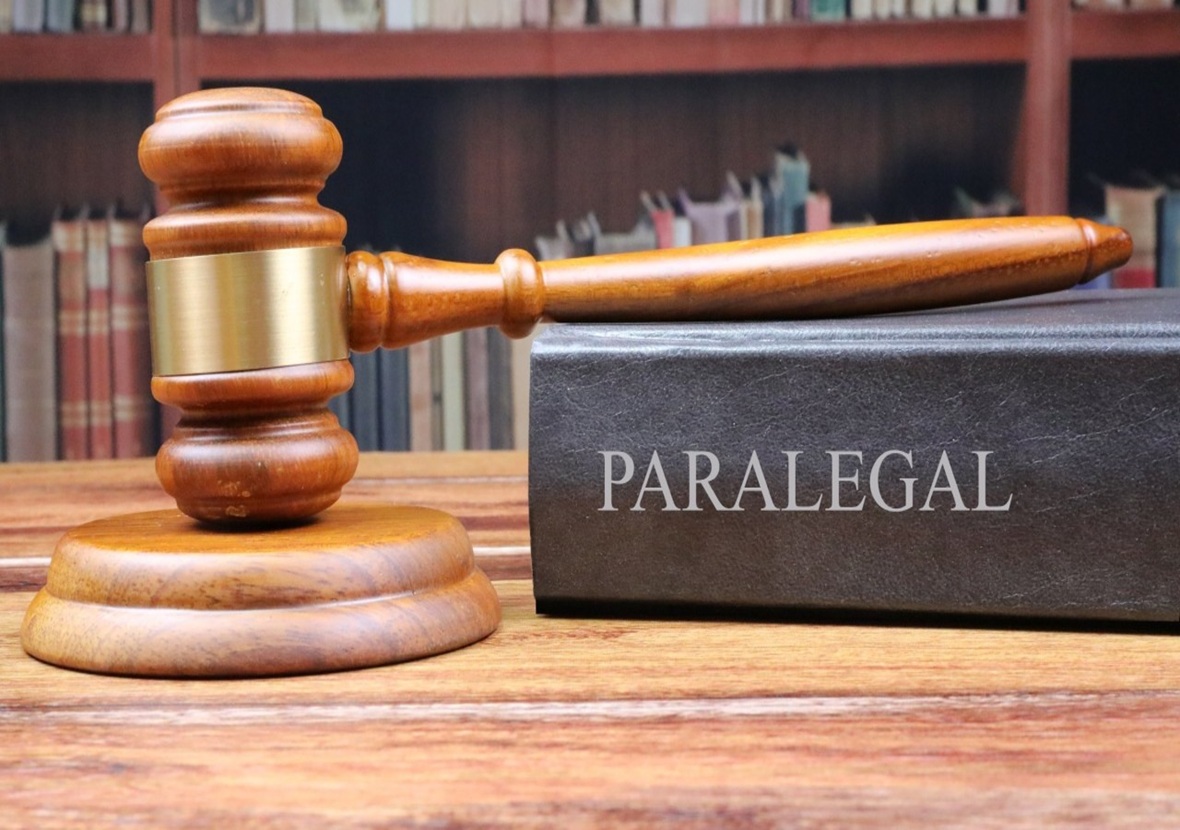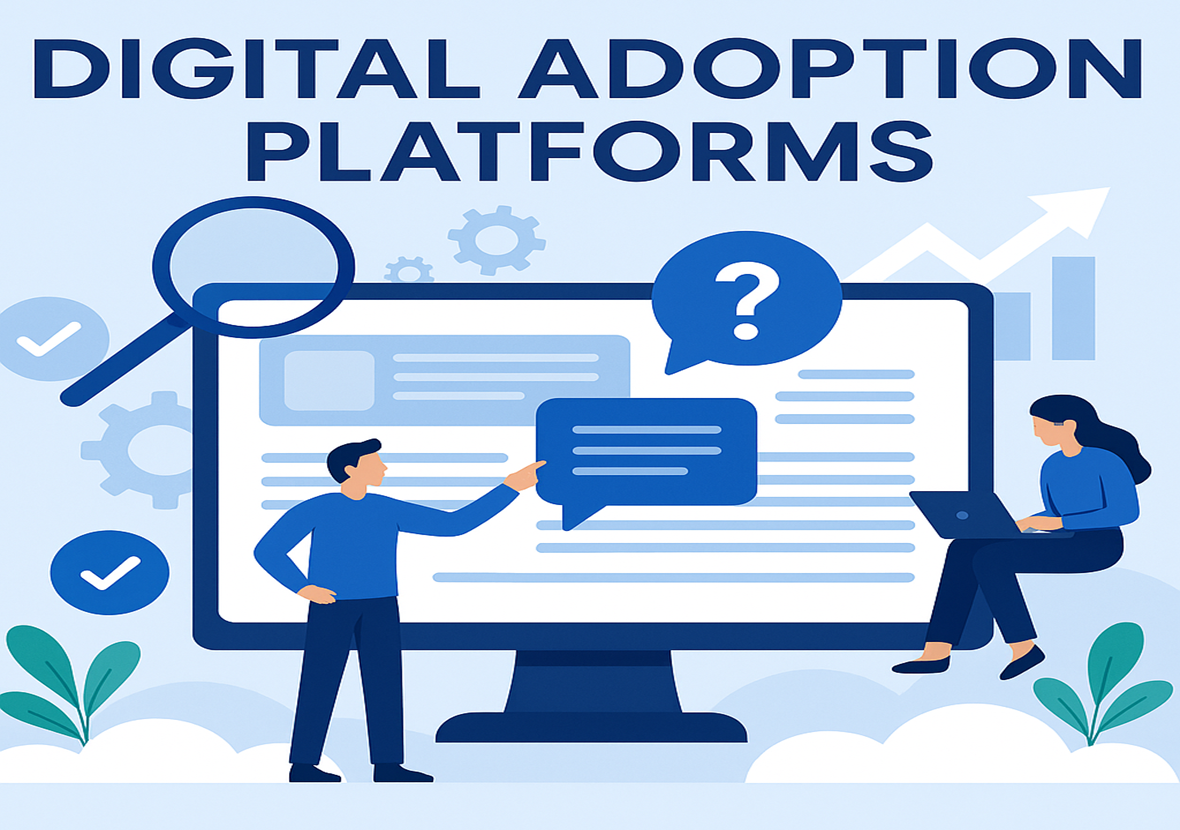Can You Sue an AI for Medical Error Here’s What a Lawyer Says
Can you sue an AI for medical error? It’s a question more people are asking as artificial intelligence continues to reshape the healthcare industry. From AI-powered diagnostic tools to robotic surgeons, technology is making healthcare faster and more precise—but not infallible. Mistakes still happen. But when the mistake isn’t made by a human doctor, who’s held responsible?
The rise of AI in medicine brings undeniable benefits, yet it also creates new legal grey areas. Patients harmed by automated decisions may not know where to turn. Is it the hospital, the software developer, or the doctor who used the AI who should be liable? Understanding your legal rights in the age of digital healthcare is critical—and complicated.
In this post, we’ll explore whether suing an AI for medical malpractice is even possible. We’ll break down the current laws, look at real-world scenarios, and hear what a medical AI malpractice attorney has to say. If you’re concerned about AI errors in healthcare, this guide will help clarify your legal options and what the future of AI accountability might look like.
Who Is Liable When Medical AI Makes a Mistake?
In a traditional malpractice case, liability is usually assigned to a doctor, nurse, or healthcare provider who failed to meet the standard of care. But when an AI system misdiagnoses a condition or recommends the wrong treatment, things get tricky. AI, after all, is not a licensed practitioner. It’s a tool—albeit a powerful one.
Currently, the law doesn’t allow you to sue the AI itself. That’s because AI, like any software or machine, isn’t a legal entity. However, you may be able to sue the parties behind it—such as the healthcare provider who used the AI, the hospital that implemented it, or the company that developed it. This often falls under what’s called vicarious liability or product liability, depending on the circumstances.
A medical AI malpractice attorney would typically start by investigating how the AI was used. Was the system FDA-approved? Was it used as an assistive tool or was it making autonomous decisions? These distinctions matter. If the healthcare provider blindly followed an AI recommendation without applying their own judgment, they could still be liable for negligence.
The Role of Product Liability in Medical AI Errors
When AI causes harm due to a design flaw, faulty algorithm, or inadequate testing, product liability laws may come into play. This legal doctrine allows injured patients to hold manufacturers, developers, and even distributors responsible if the product they created was unreasonably dangerous or defective.
For example, if an AI-powered diagnostic tool misreads radiology scans due to a software bug, and that leads to a delayed cancer diagnosis, the victim might have grounds for a lawsuit. A product liability claim would focus on whether the AI system was marketed as safe and reliable—and whether it performed as promised.
A 2023 case in California involved a patient who suffered complications after an AI system recommended the wrong dosage of a heart medication. The hospital argued they weren’t at fault because they trusted the AI’s output. But the court looked at how the software was integrated into clinical workflows and whether doctors had final say. In the end, the software company faced scrutiny for not warning users about its limitations.
So, while you can’t sue an AI like you would a person, you can pursue compensation through the companies and systems that put it in motion.
Can Doctors Still Be Held Accountable?
Yes, and this is where it gets legally interesting. Even though AI is a major player in diagnostics and treatment planning, human doctors are still expected to use their professional judgment. Courts have consistently ruled that medical practitioners cannot completely defer to machines, no matter how advanced the technology is.
A medical AI malpractice attorney will often focus on whether the provider acted reasonably under the circumstances. If the doctor ignored obvious warning signs or didn’t verify the AI’s output, they may still be guilty of malpractice. AI should enhance care—not replace critical thinking.
There’s also a legal principle known as the learned intermediary doctrine. This means the physician is supposed to be the gatekeeper of care, interpreting data and making the final call. If the AI’s output was clearly wrong and the provider didn’t catch it, the doctor may be just as liable as if they made the mistake themselves.
In short, using AI doesn’t give doctors a free pass. Accountability still rests with the professionals using the tools.
The FDA and Regulatory Oversight of Medical AI
Before you can determine who’s liable, it helps to understand how medical AI is regulated. The U.S. Food and Drug Administration (FDA) plays a critical role in approving and monitoring AI systems used in healthcare. But not all AI tools are subject to the same level of scrutiny.
Some AI applications, especially those categorized as “Software as a Medical Device” (SaMD), require formal FDA approval. Others, like symptom checkers or wellness apps, might fall outside regulatory oversight altogether. This regulatory inconsistency can complicate legal claims when errors occur.
When a system is FDA-approved, it’s assumed to meet certain safety and efficacy standards. However, if a provider uses an unapproved or experimental AI system, and it causes harm, that opens the door for stronger legal action. A medical AI malpractice attorney would investigate whether proper approvals were in place and if the provider disclosed risks to the patient.
We’re still in the early days of AI regulation, but expect tighter controls and clearer standards in the near future as adoption grows.
How Courts Are Handling AI in Medical Malpractice Cases
Because the law is still catching up with the technology, there isn’t yet a large body of case law around medical AI malpractice. But that doesn’t mean courts are unprepared. In fact, judges are increasingly being asked to weigh in on the role of technology in patient care.
Recent legal decisions have looked at how AI systems were integrated into hospital workflows, whether patients were informed of their use, and if providers relied too heavily on algorithmic outputs. In some cases, AI has been treated like a diagnostic aid—similar to a stethoscope or MRI machine. In others, it’s viewed as an independent decision-maker, which raises tougher questions about responsibility.
One landmark case out of New York involved an AI triage system that failed to flag a stroke. The patient suffered long-term damage. The court ultimately ruled that both the hospital and the software vendor shared liability, because neither had procedures in place for cross-checking critical outputs.
This case highlights an emerging trend: shared responsibility. As AI becomes more central to care, liability may be spread across developers, providers, and institutions.
What to Do If You’ve Been Harmed by Medical AI
If you believe an AI error caused or contributed to a medical injury, it’s crucial to act quickly. Start by documenting everything—your medical history, the treatment you received, and any software or AI systems used. Ask questions and request medical records. Knowing whether AI was involved is the first step.
Next, consult a medical AI malpractice attorney. These professionals are uniquely positioned to assess whether your case involves medical negligence, product liability, or both. They can also help navigate the evolving legal landscape and work with experts to evaluate the AI system in question.
Timing matters, too. Most states have statutes of limitations for medical malpractice claims, often between one and three years. The more time passes, the harder it becomes to gather evidence or build a case.
As we move further into an AI-driven future, legal strategies will continue to evolve. But one thing is clear: Patients still have rights, and the law is slowly adapting to protect them—even from machines.
https://usfonts.link/asylum-lawyer-near-me/
Medical AI malpractice attorney
Conclusion
AI in healthcare is here to stay, offering faster diagnoses, personalized treatments, and streamlined workflows. But like any tool, it’s not perfect. And when it fails, the consequences can be life-altering. While you can’t sue the AI itself, you can hold the people and companies behind it accountable—whether that’s a provider who used it carelessly or a developer who released faulty software.
As the legal system catches up to technology, it’s more important than ever to understand your rights. A medical AI malpractice attorney can help you make sense of the chaos, determine liability, and fight for compensation if you’ve been harmed.














